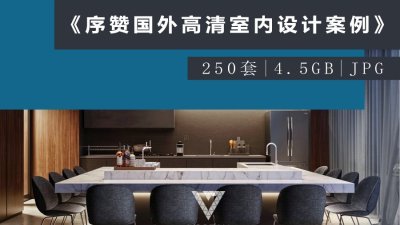Houses, Mošovce, Slovakia- Architects: Archholiks
- Area: 102 .0m²
- Year: 2020
- Photographs: Michal Tartal
- Manufacturers: AutoDesk, Hansgrohe, INTERNORM, Lindab, Duravit, Fresh Ventilation, Hoblina, Ladenburger, loxone
- Design Team:Jana Tartaľová, Michal Tartaľ
- Engineering:Michal Tartaľ, Michal Dvorský
- Landscape:Jana Tartaľová, Michal Tartaľ, Zuzana Rusková
- Collaborators:Georg Bliznakov
- Text description provided by the architects. The family house is located on the edge of the picturesque village Mošovce at the foot of the Veľká Fatra Mountains. The land with a slightly sloping terrain to the south is situated on the borders of the village with old barns, which is typical for Turiec village architecture with wooden barns with partially stone walls and a large tent roof. The traditional visual appearance of rural buildings was the starting point in the creation of the material composition, the material solution of the facade, and in the formation of the roof landscape. The family house consists of a compact rectangular base with a double gabled roof, which secondarily resembles the shape of the roof stylization of the most attractive hills of Veľká Fatra - Tlstá and Ostrá peek. Another aspect that significantly influenced the design concept and spatial layout of the house was the potential views of the surrounding mountain scenery and their preservation in the future construction of the surrounding land.
- Vertically, the layout is spread over the height of different levels, which create a spatial game - Raumplan. The first and second levels are partially below ground level. They represent a private part of the house. The building is entered from the northeast side through a roofed lee to the 2nd level, which is the entrance hall, children's rooms, bathroom and utility room. There is a possibility of a direct exit to the garden. The first level, lower by 1m from the entrance, provides comfort for parents in the form of a bedroom, toilet, walk-in closet, and bathroom, from which it is possible to exit to the under terrace space/patio. From the entrance hall on the 2nd level, stairs lead to the next third level, where are a kitchen with a dining room with access to the terrace and the highest platform serving as a living room with a work area is designed.
- The third and fourth levels are interconnected and create a generous living space. Inverted order of the day and night part within the house provided views of the surrounding nature and scenery. By burying the night part, the dining room and living room also maintained direct contact with the terrain, and last but not least, the night part gained thermal comfort during the warm summer days. From a construction point of view, it is a building with combined construction systems. The substructure - 1st and 2nd level is reinforced concrete with admitted concrete in the interior with an embossed drawing of wood from formwork made to measure. The upper building is a wooden building with a column construction with a flap made of a large-format bio board. Even in the daypart, spruce cladding is a distinctive interior element, which gives the space uniqueness and coziness.
- The expression of the building from the exterior reflects the construction system - the substructure is insulated with sprayed thermal insulation treated with grey epoxy paint with UV protection. Its design and unevenness again point to the facades of old granaries and barns. On the upper building, the ventilated façade with a wooden cladding of various Siberian spruce profiles is laid vertically and creating relief. Window openings and entrance doors are made of wood aluminum. Sheet metal roofing is used on the roof. The interior of the family house is simple, functional, sustainable. Natural materials are used, complemented by black accents and a combination of wooden surfaces with sprayed MDF in black. The interior of the house materially reflects the construction system of the building, earthy colours, and wood drawings are its strong bearers.
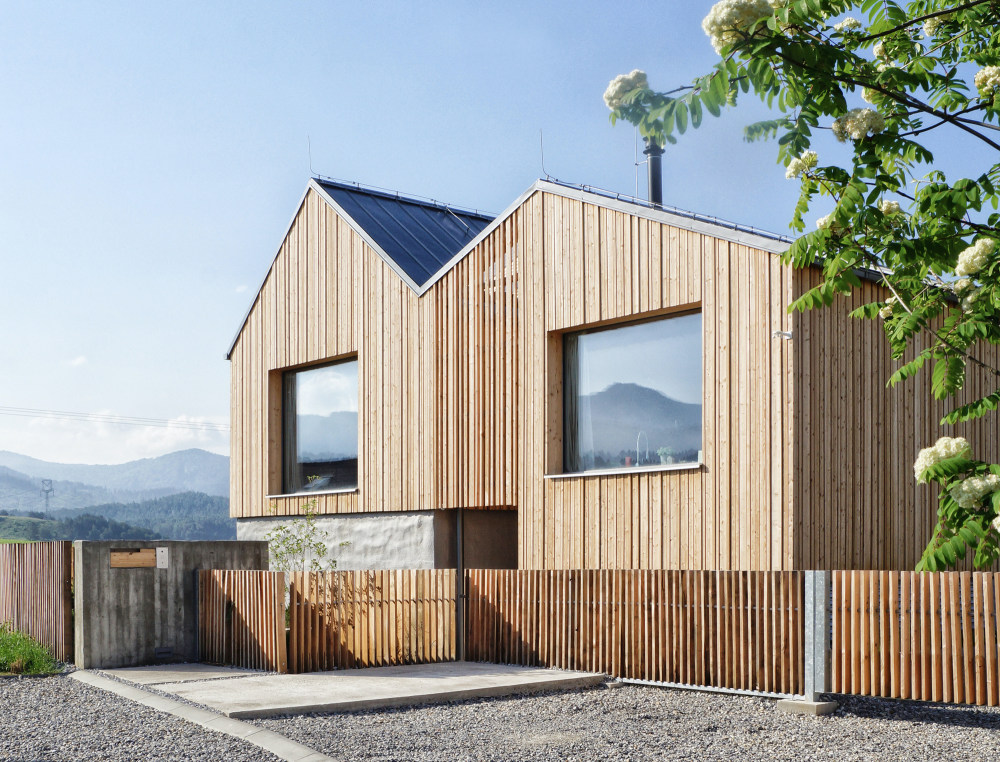

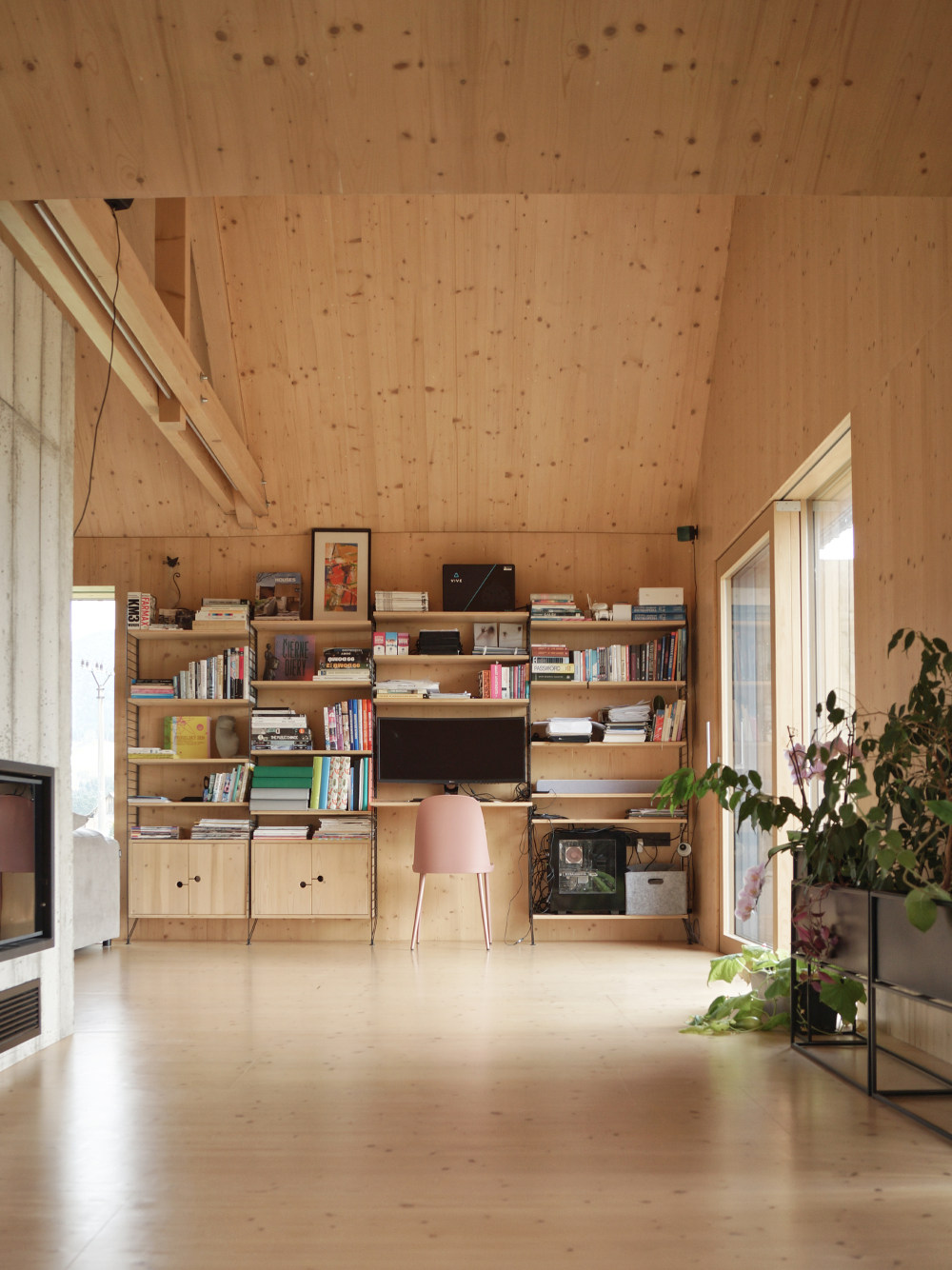
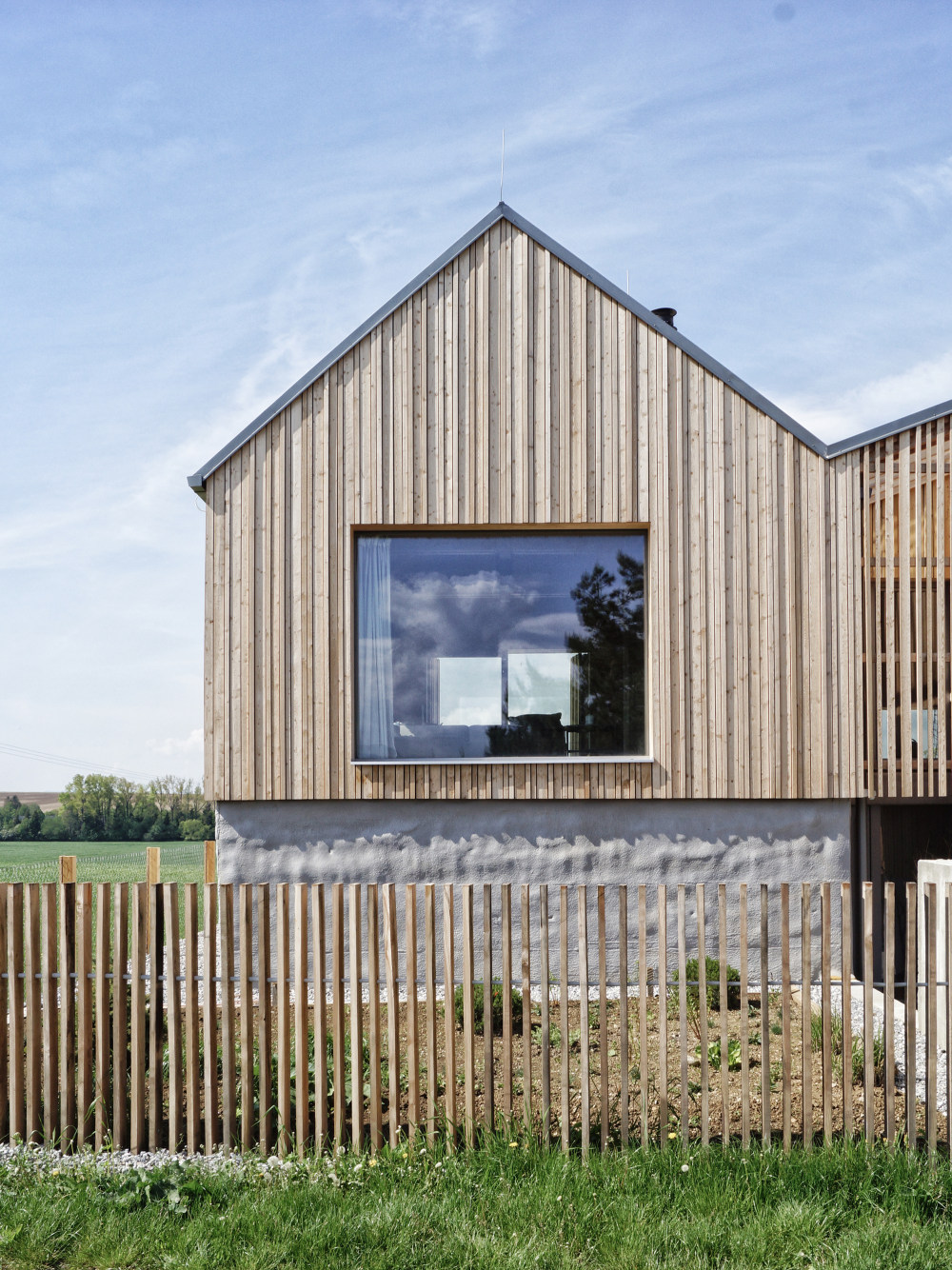
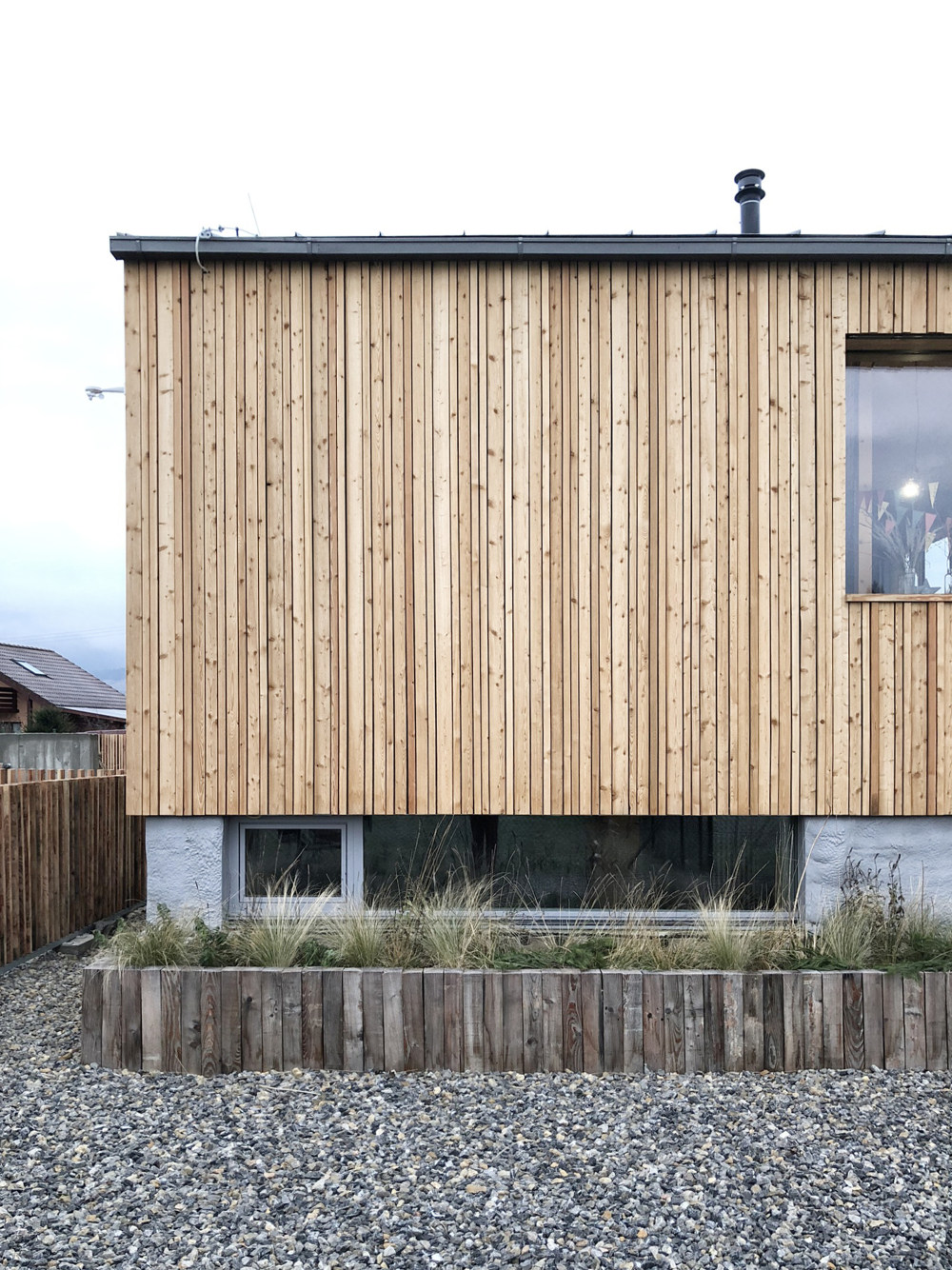
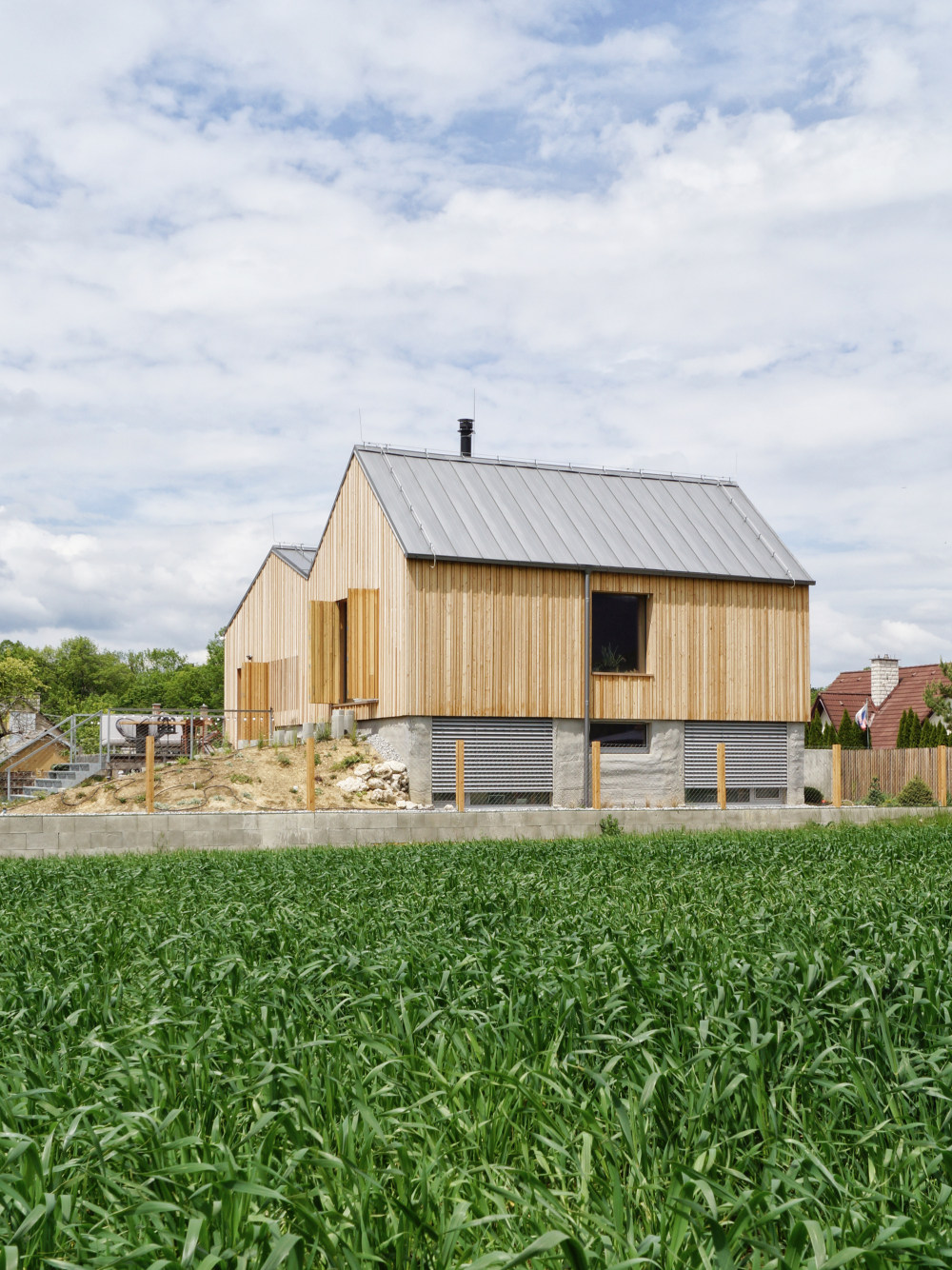

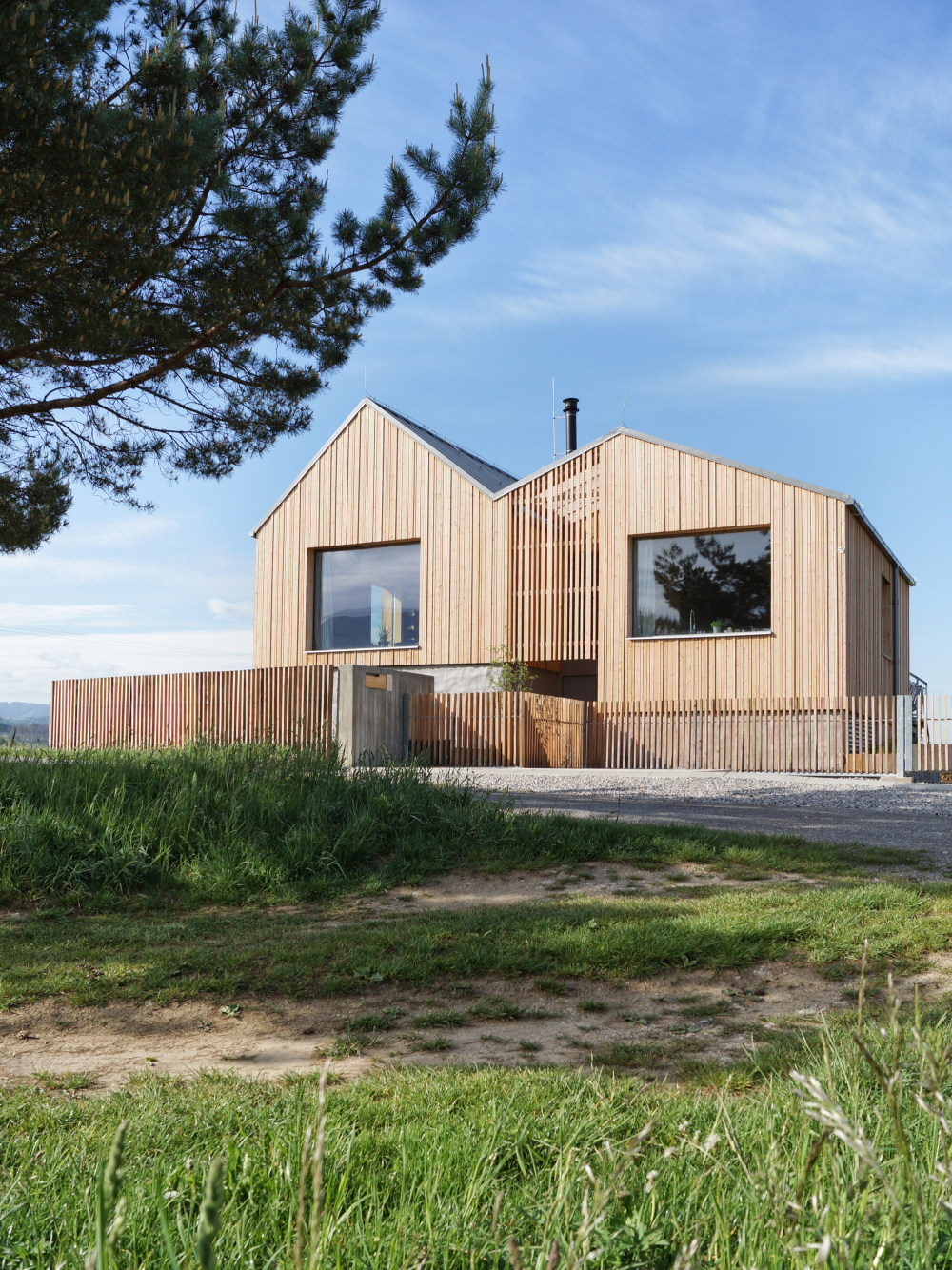
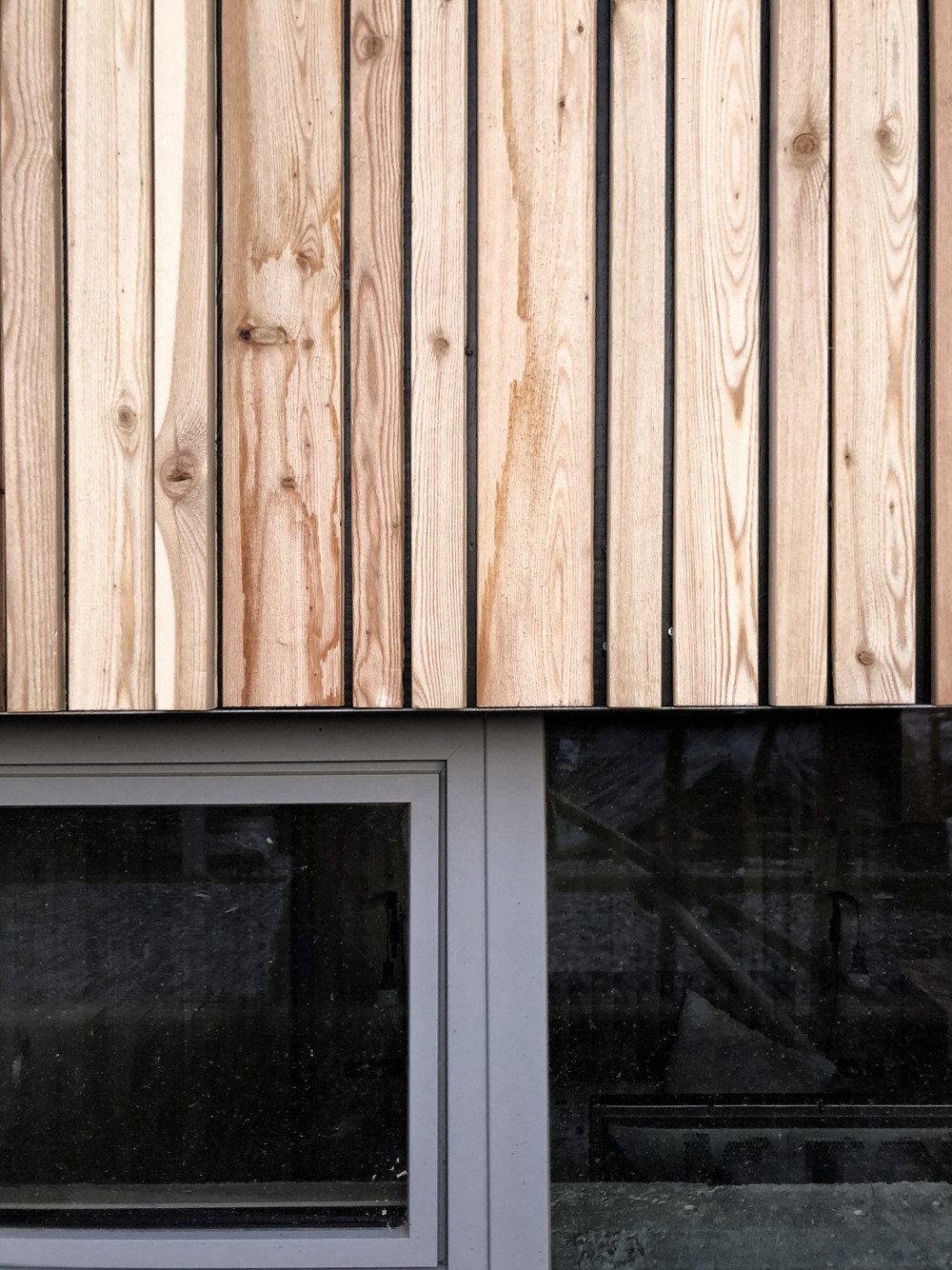
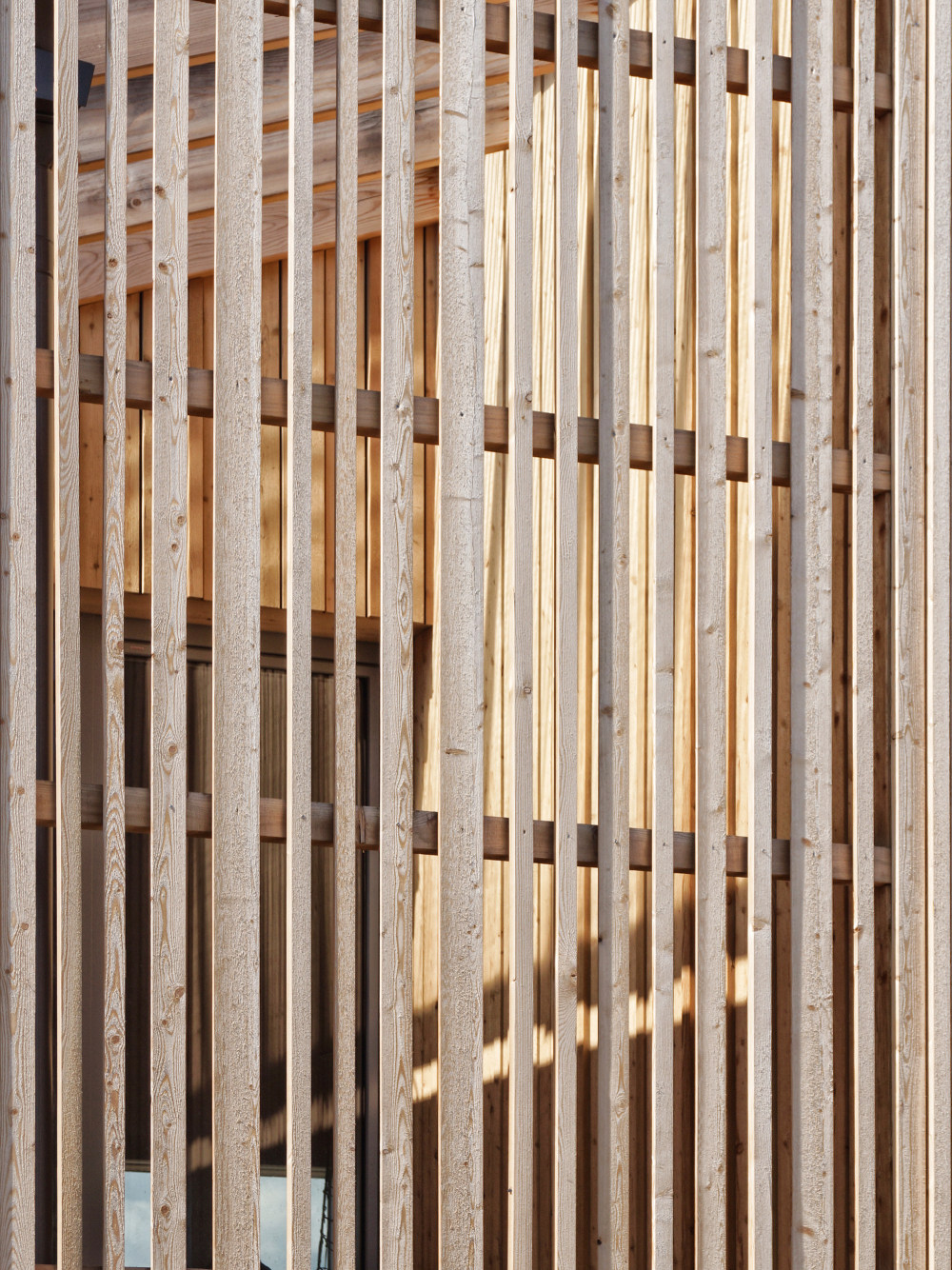
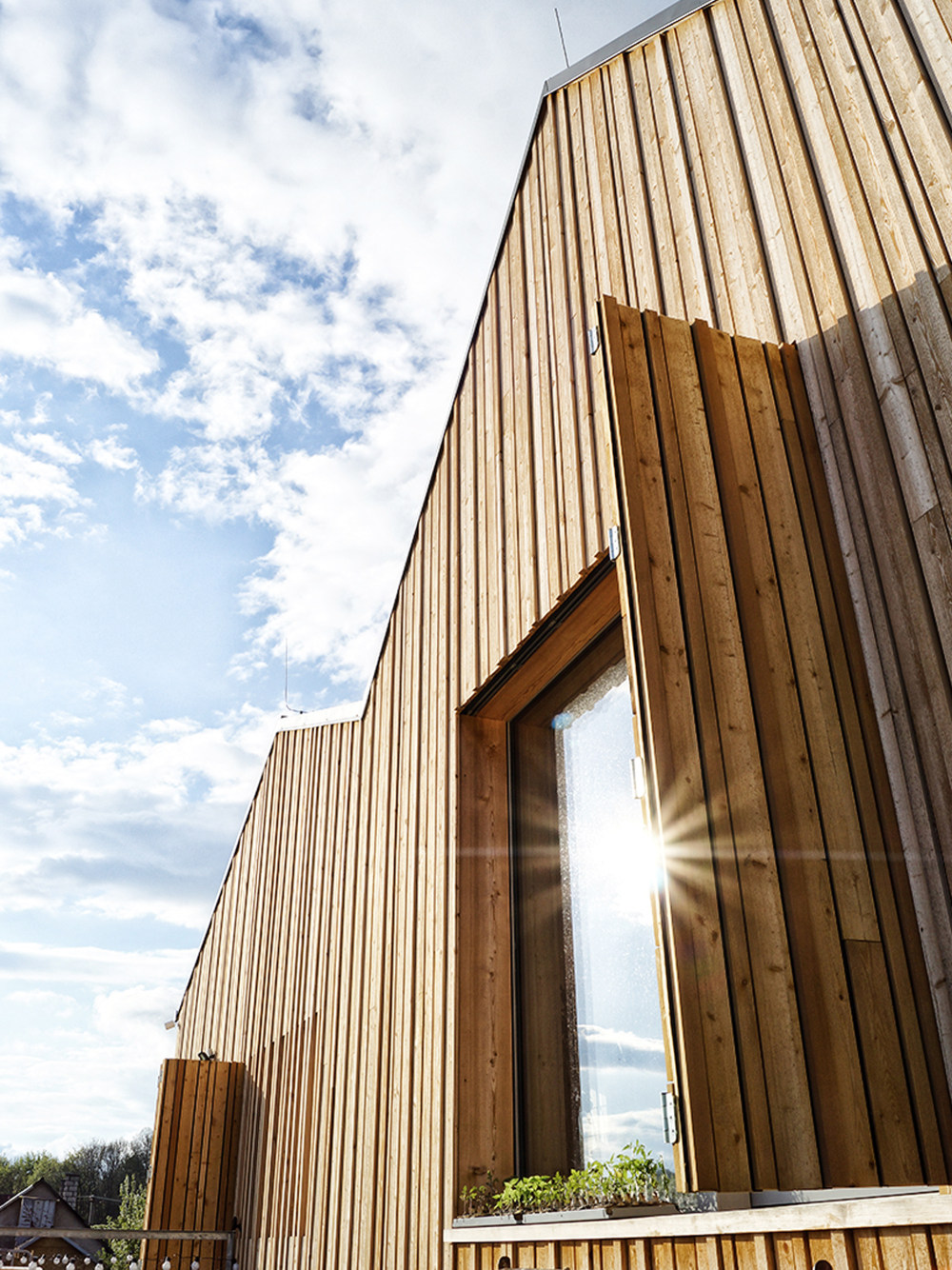
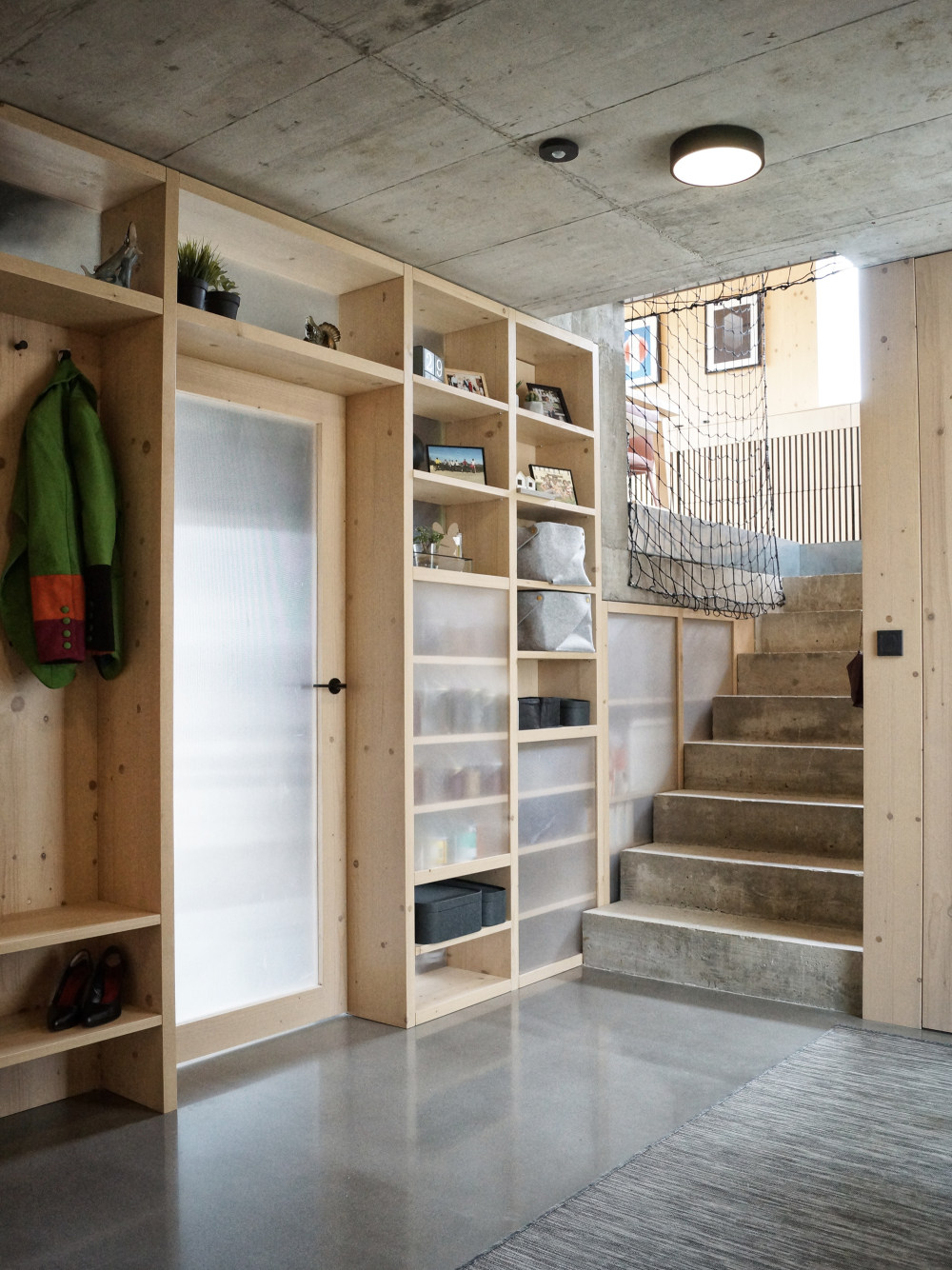
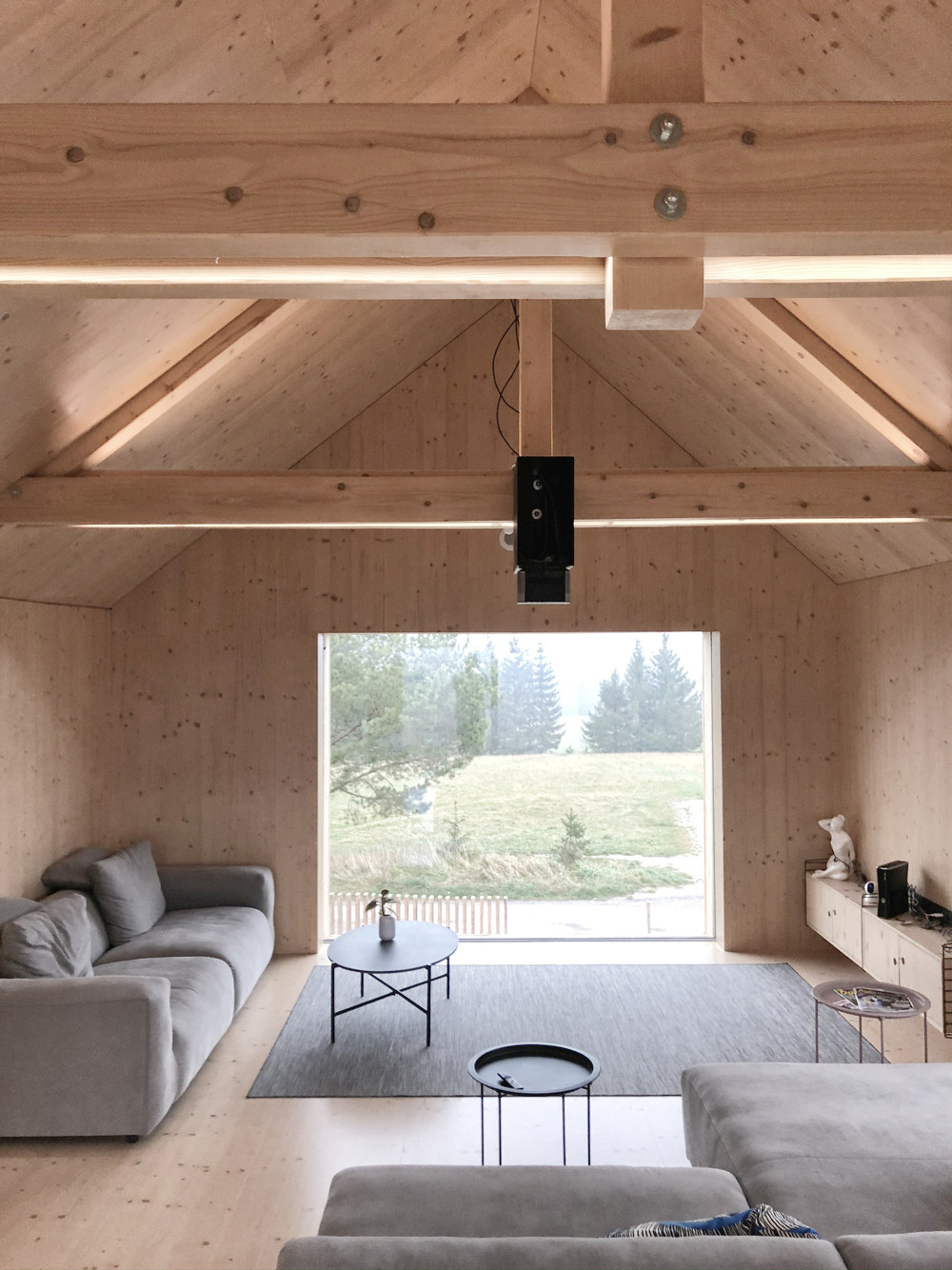
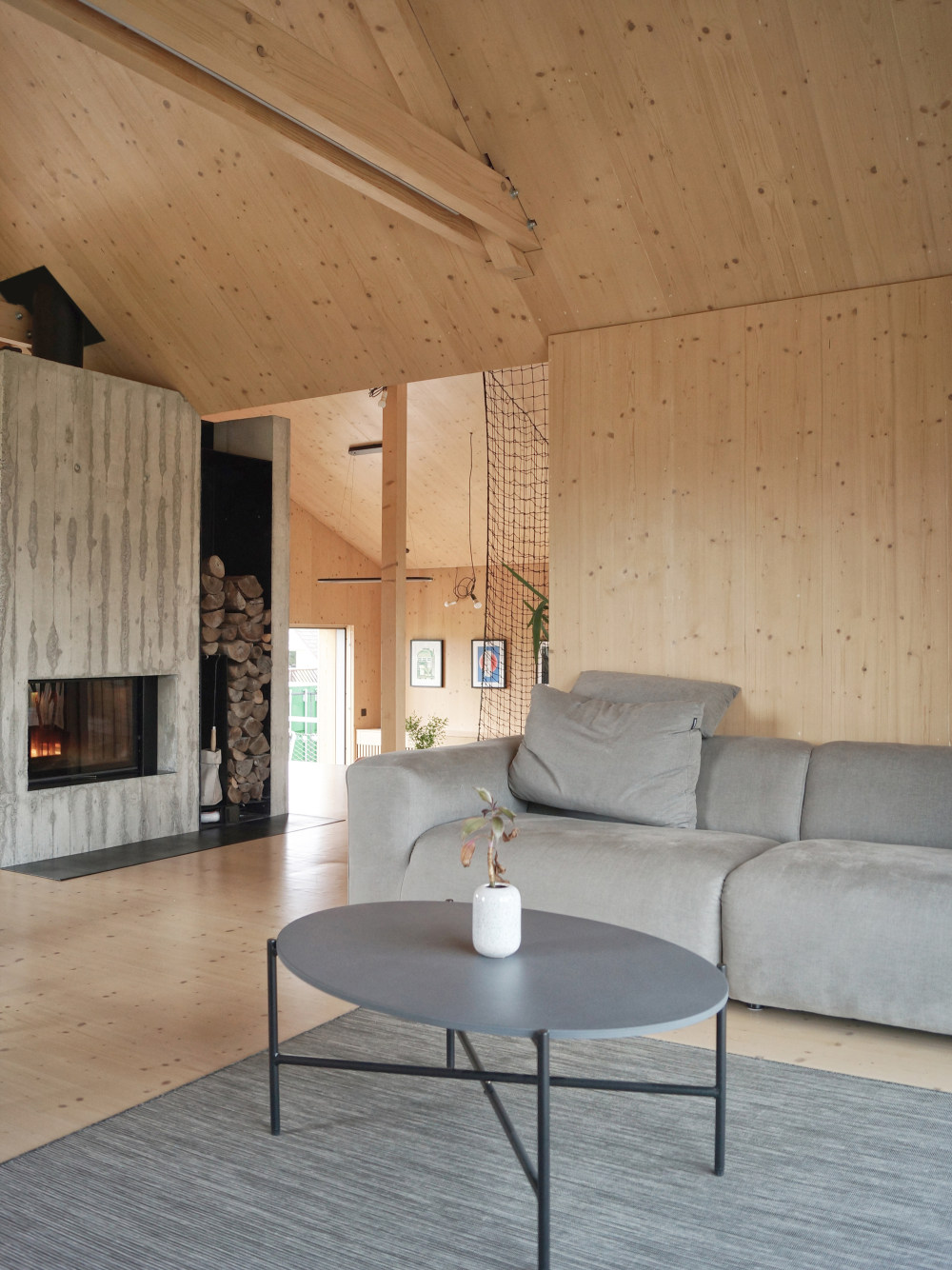
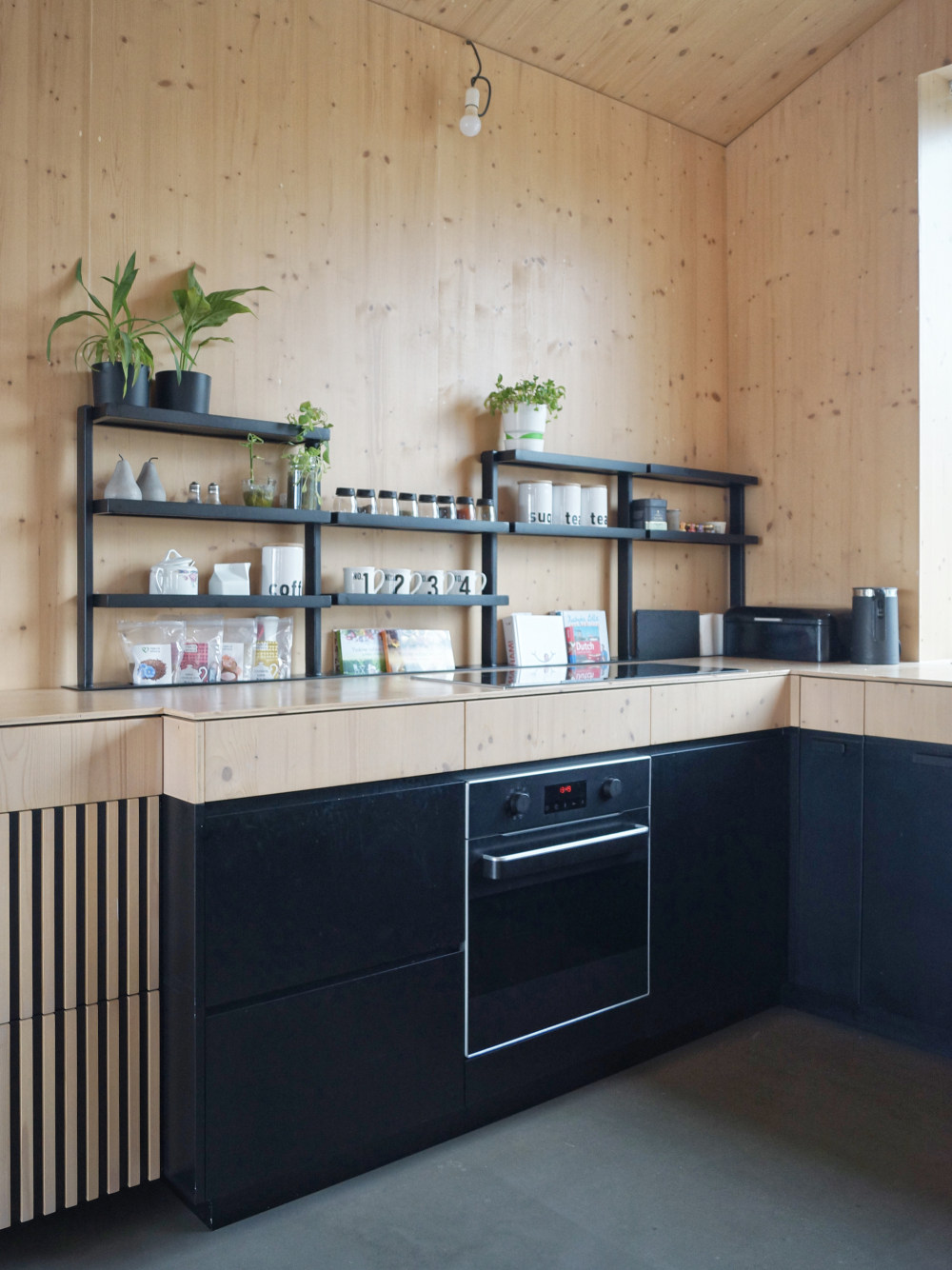
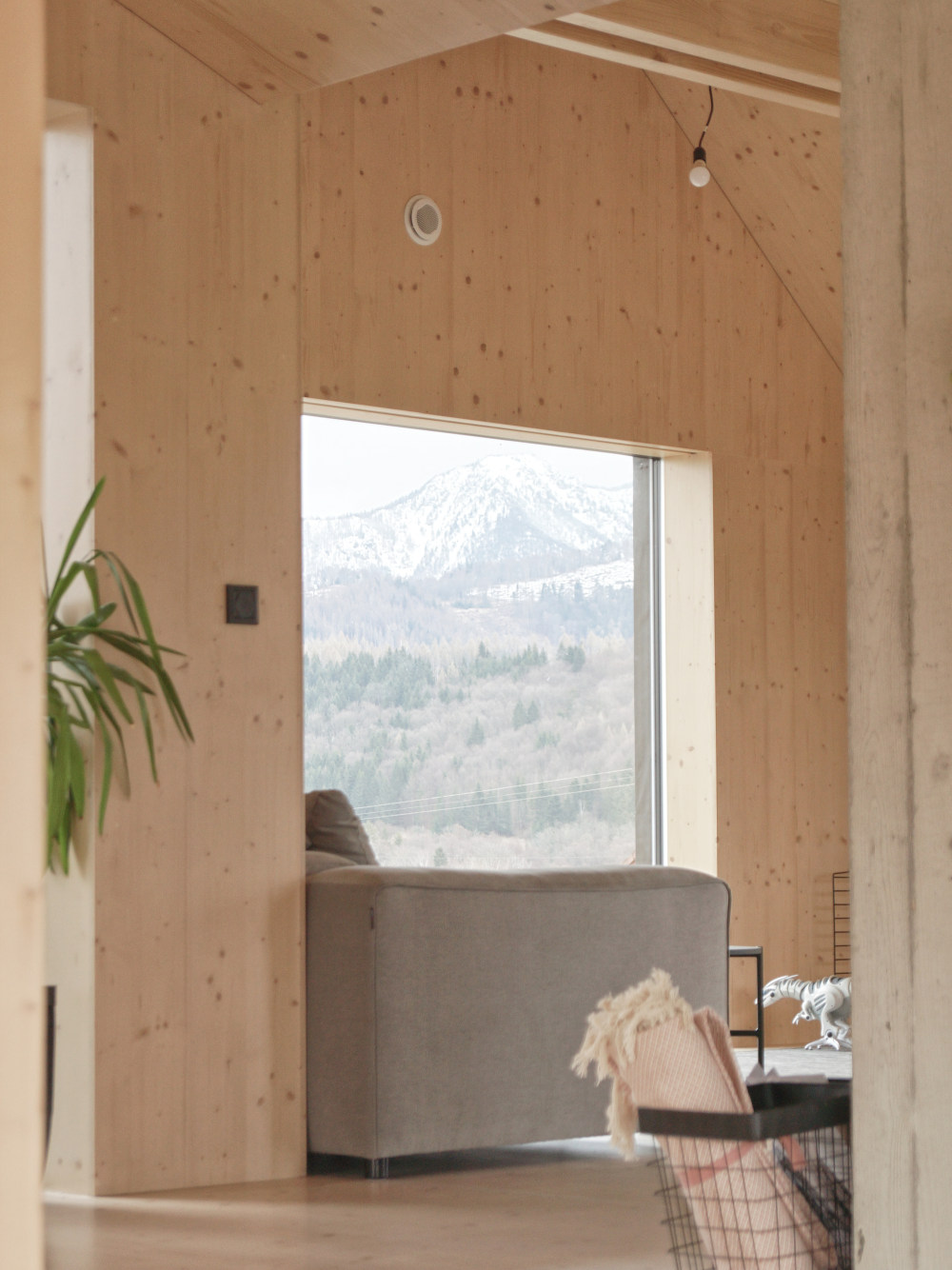
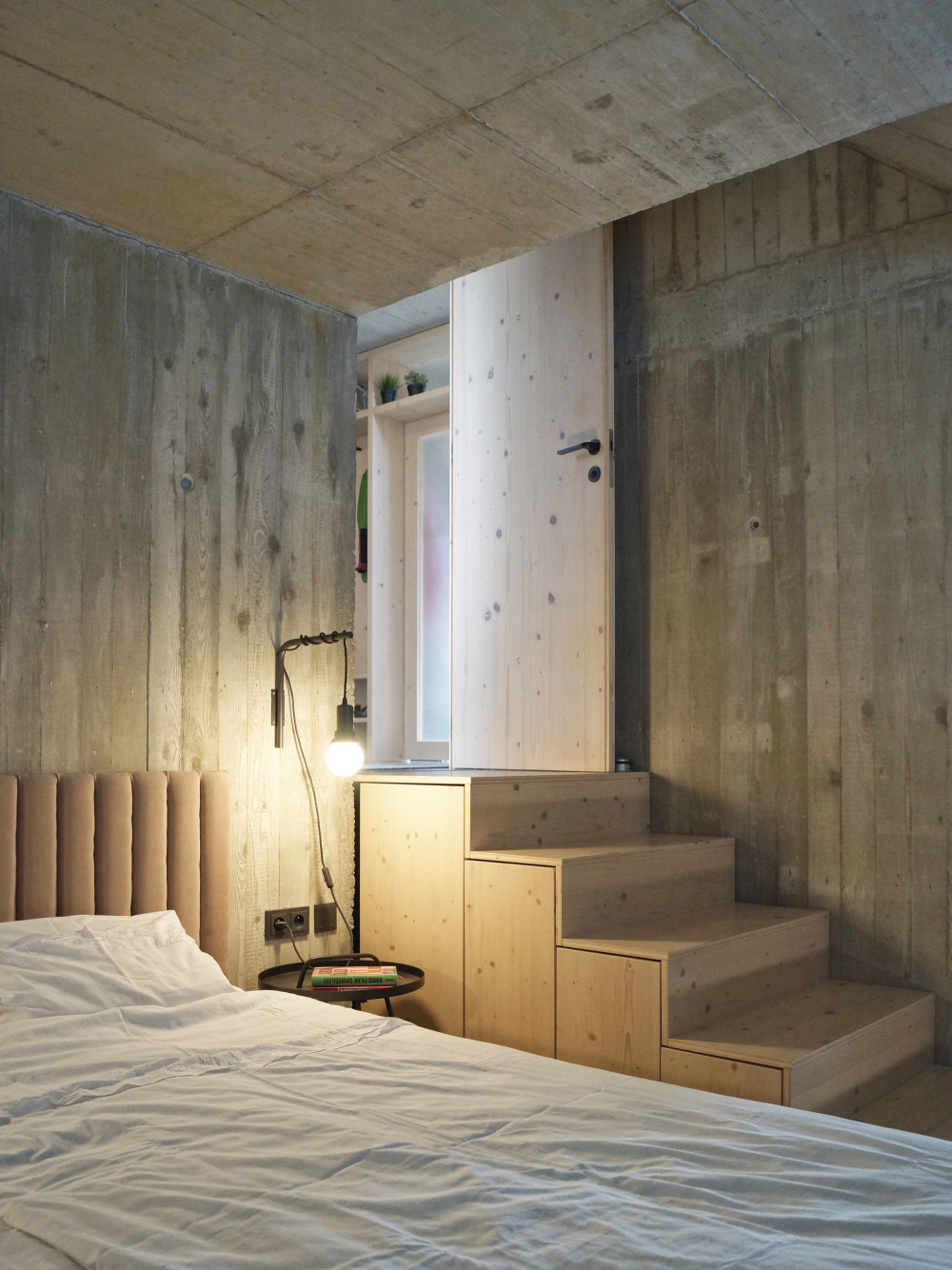
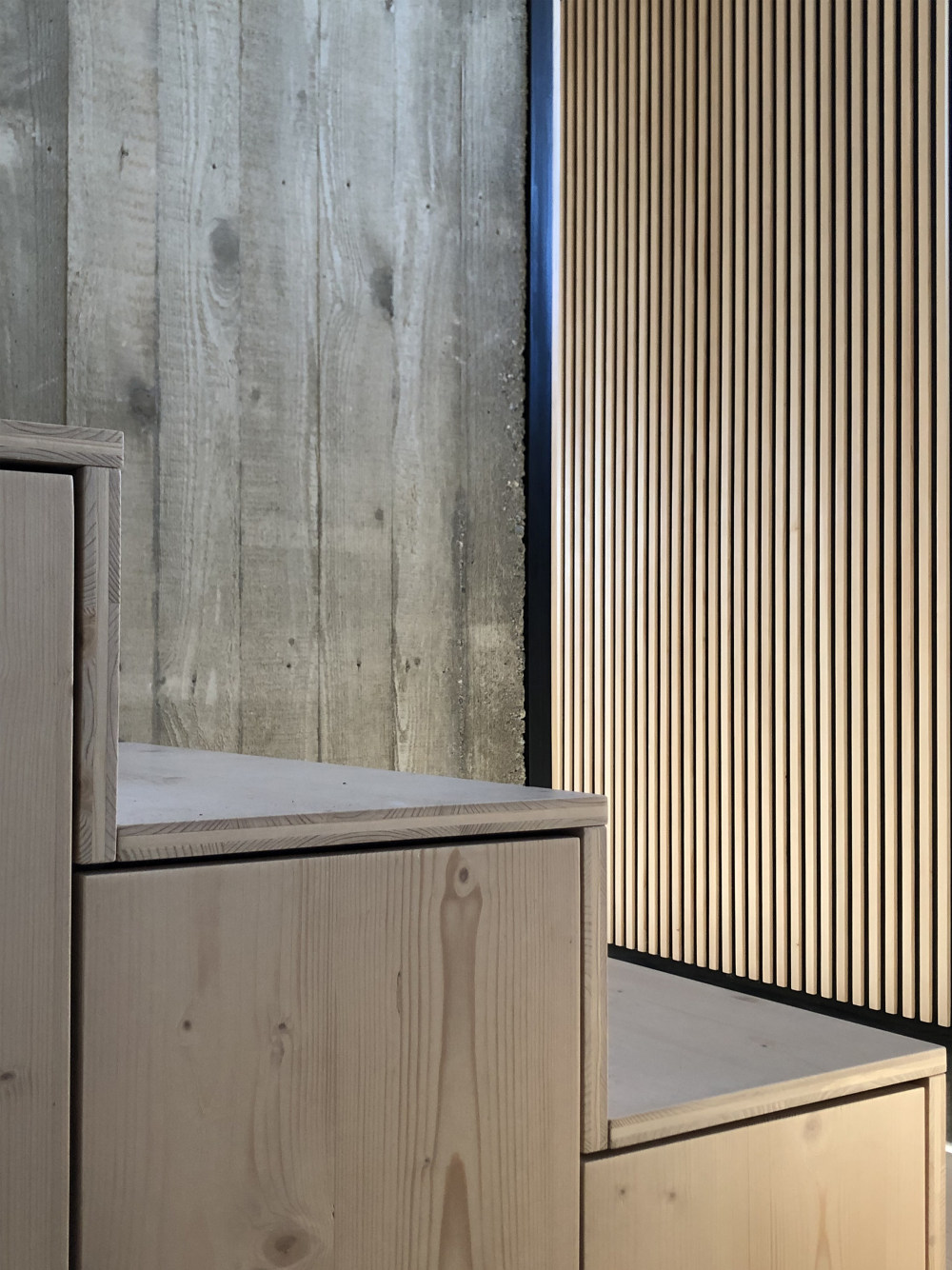
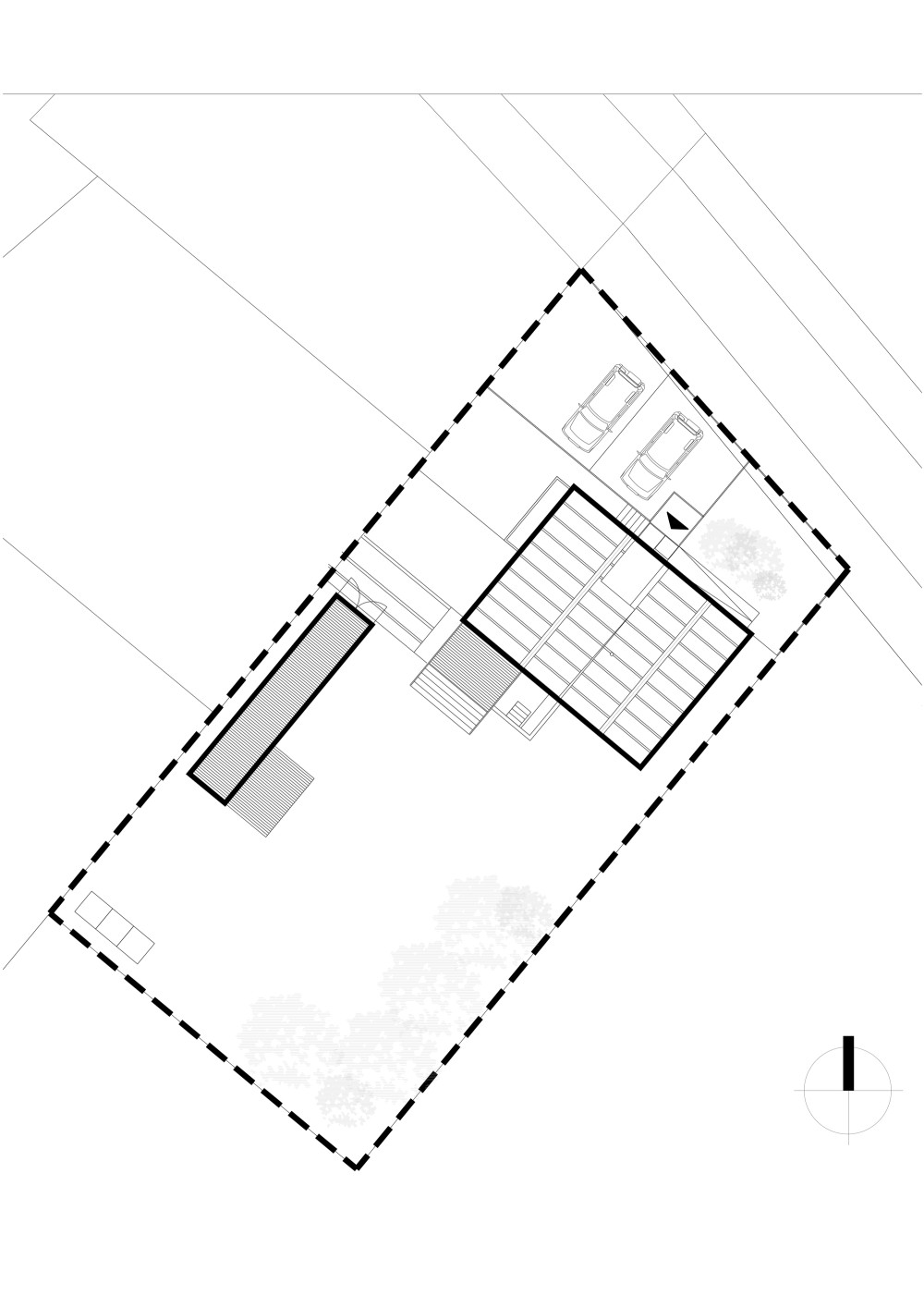
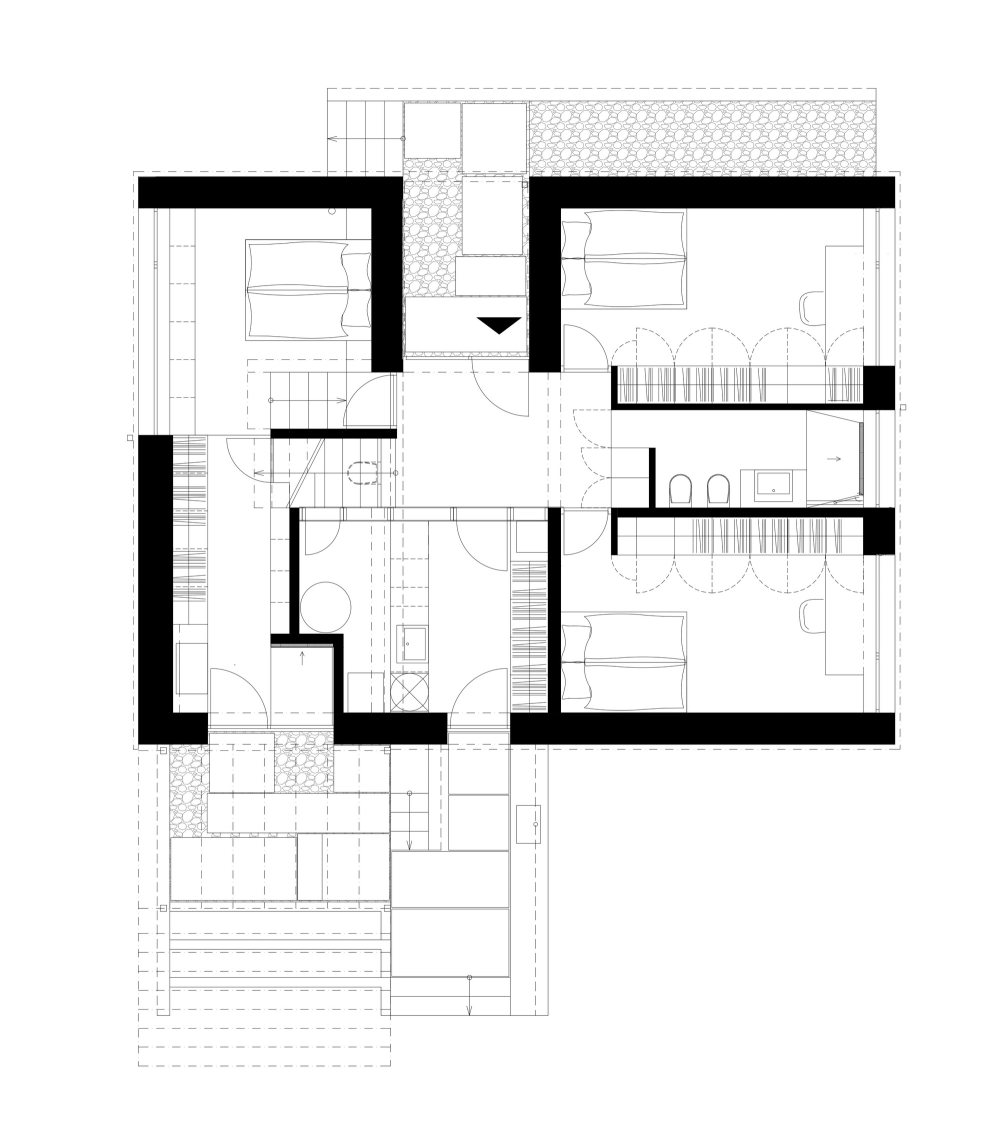
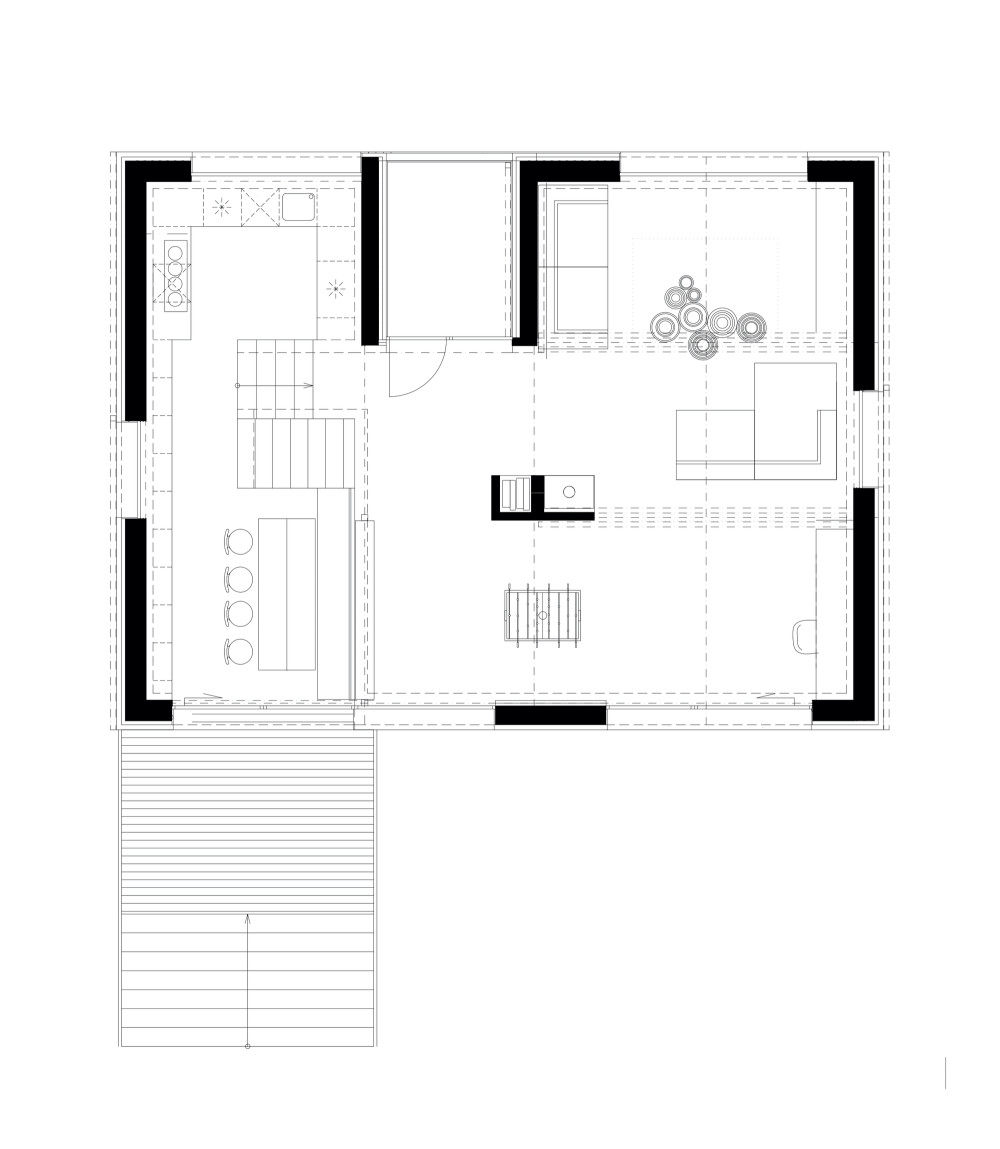
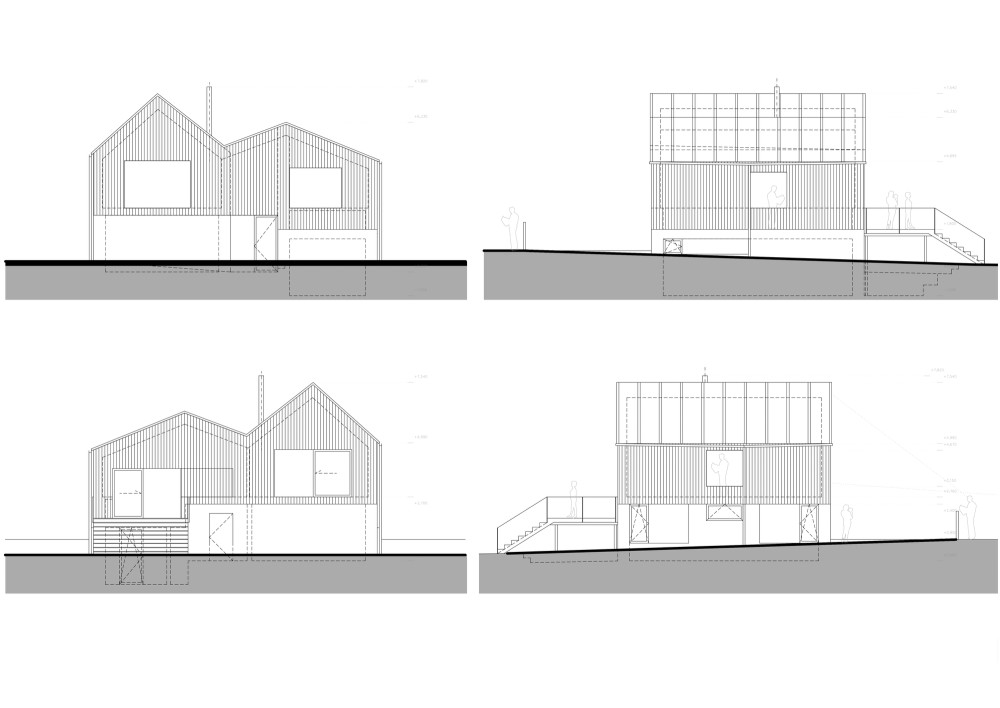
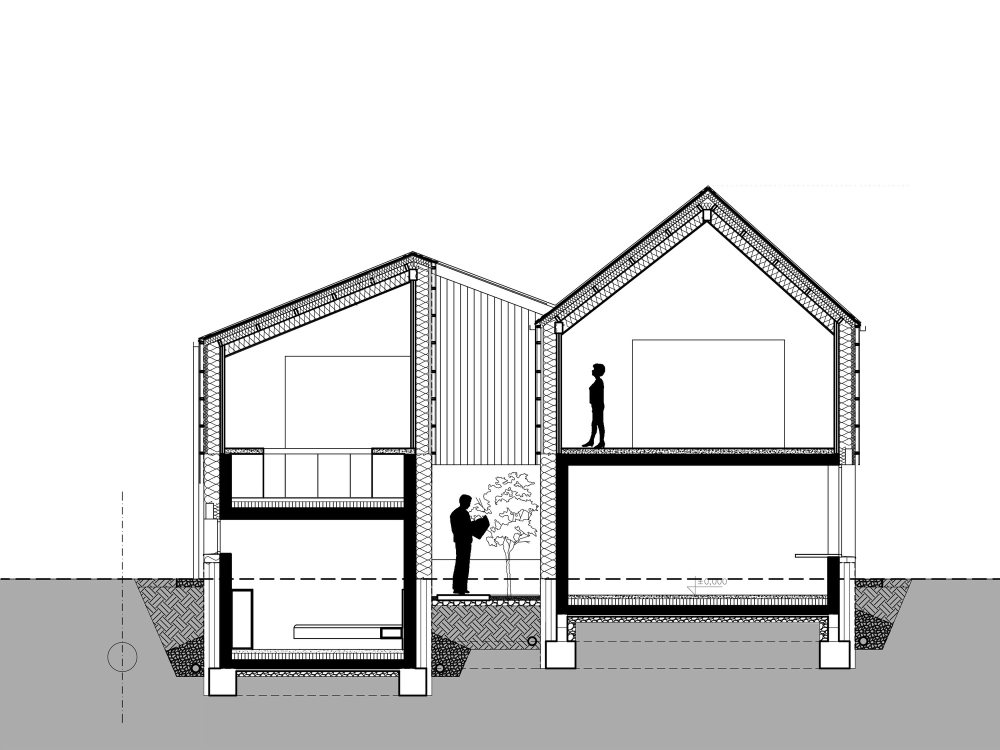
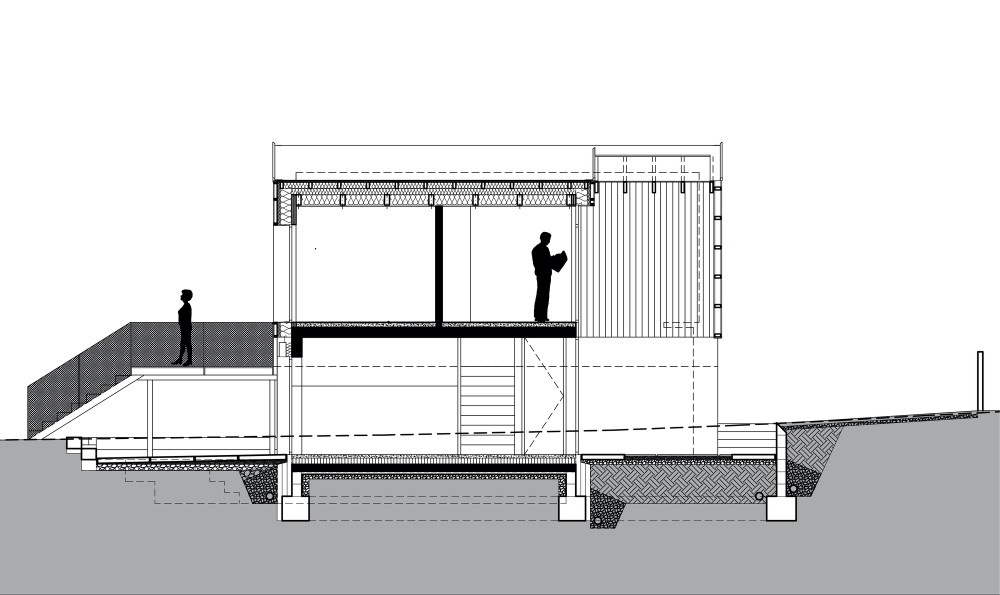
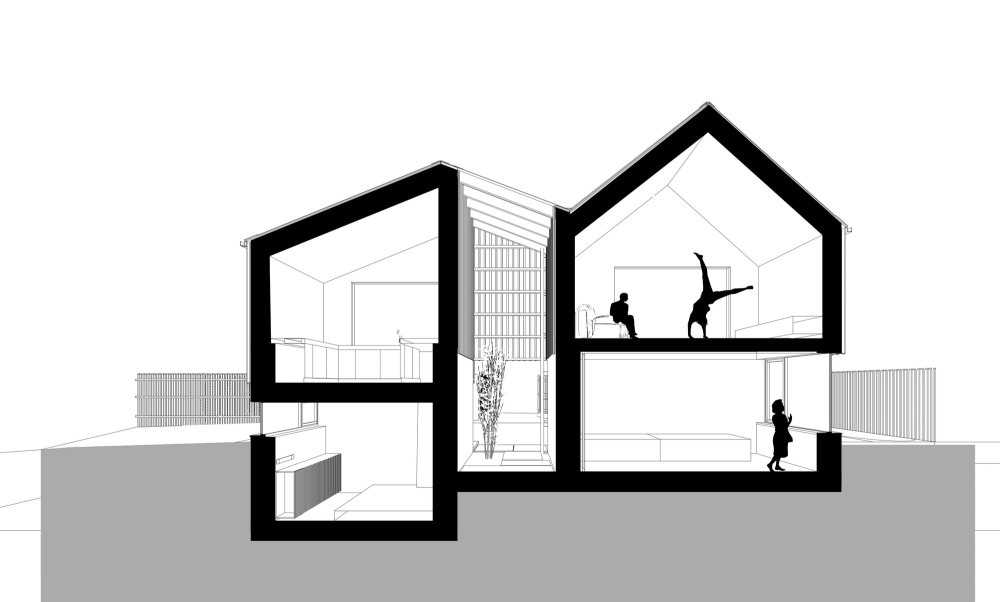
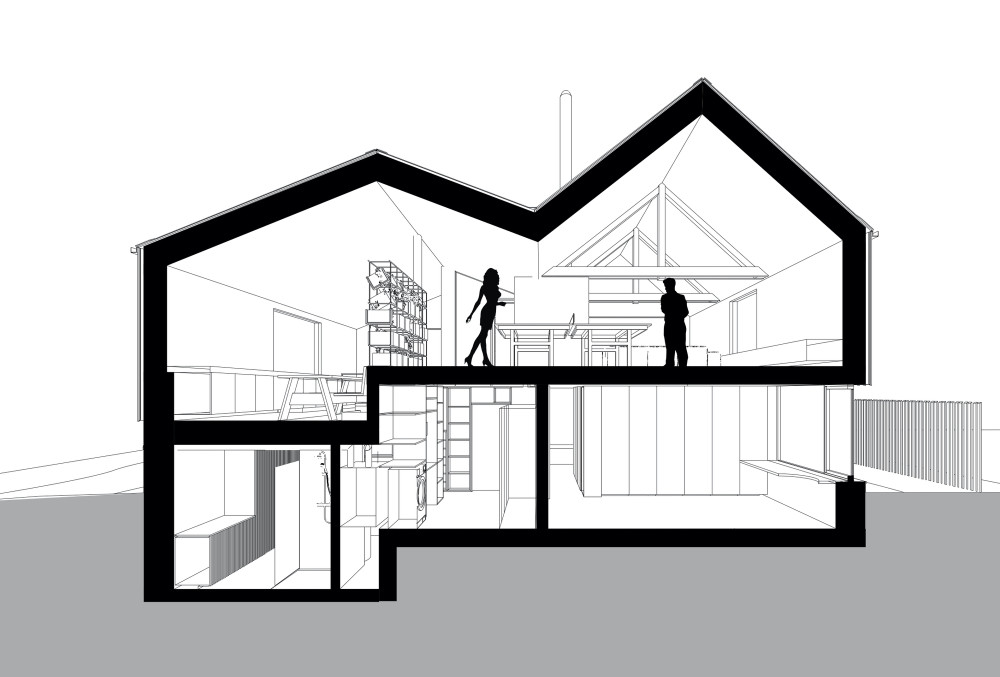
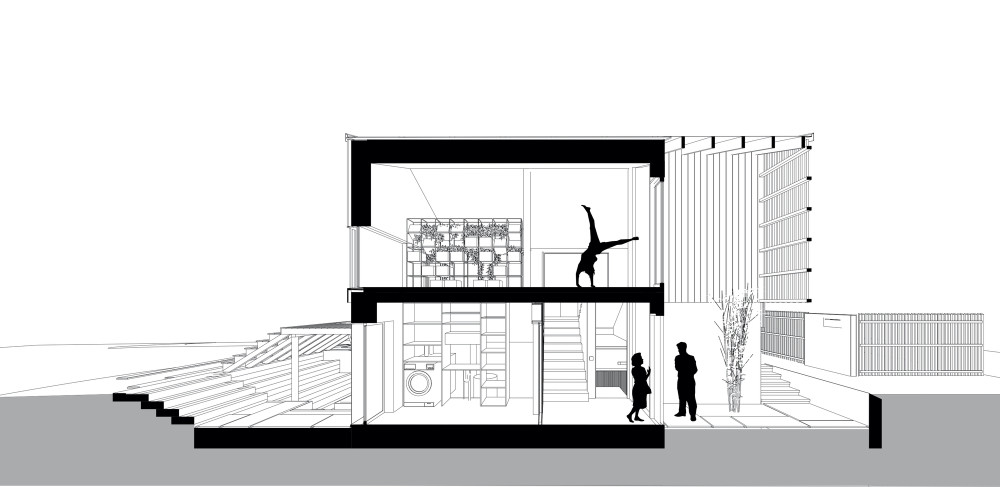
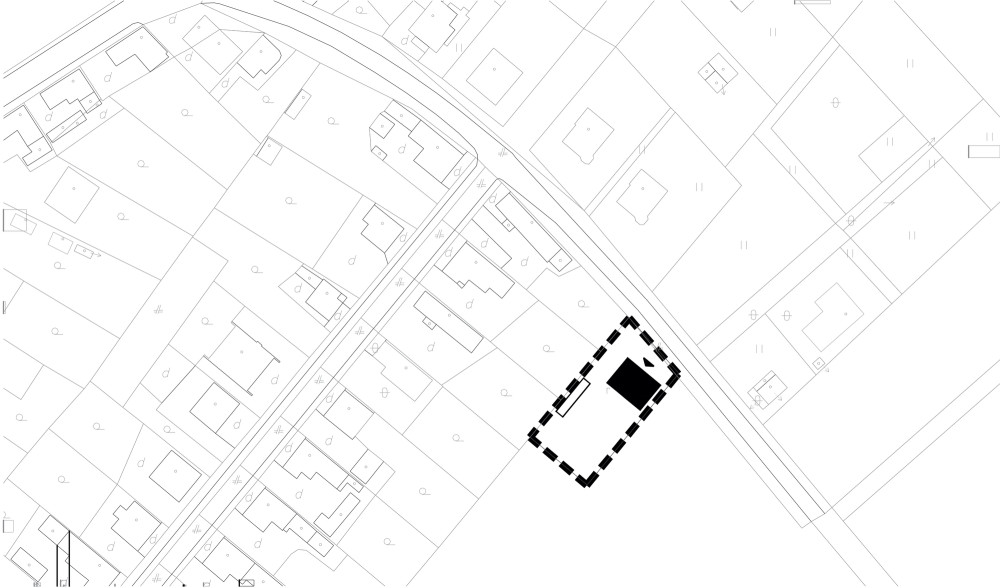
|

 发表于 2020-8-9 22:48:03
发表于 2020-8-9 22:48:03































